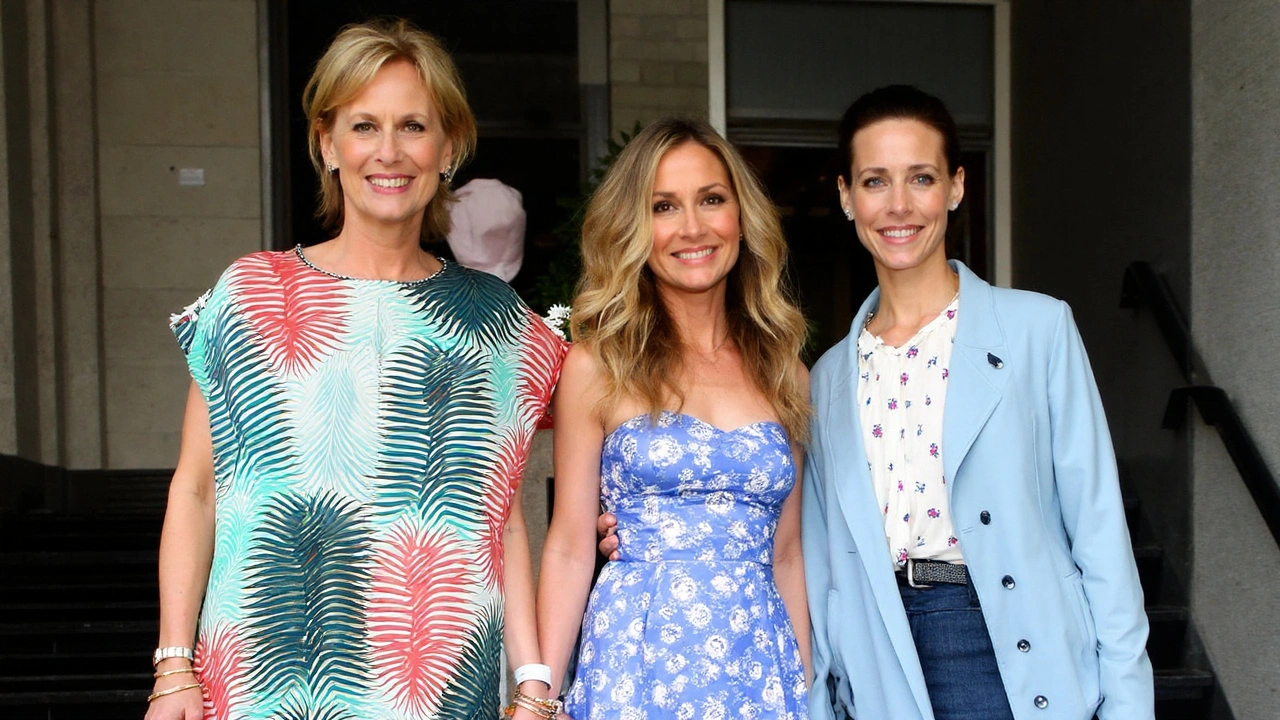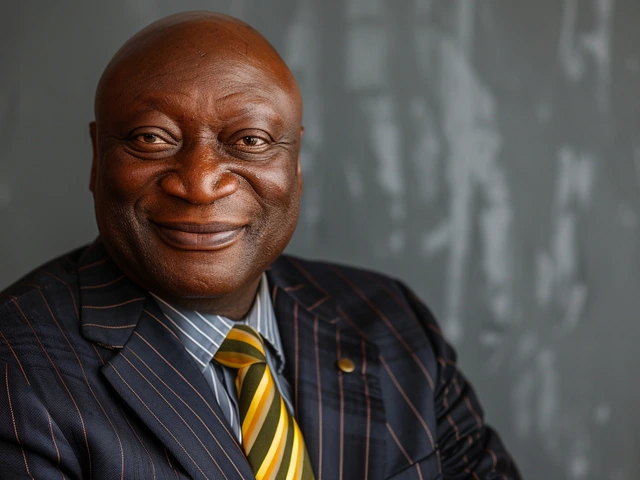
'And Just Like That...': The Franchise That Lost Its Way
In a move that surprised no one but still sent shockwaves through pop culture, HBO Max has pulled the plug on 'And Just Like That...' after three rocky seasons. For a generation that once relied on Carrie Bradshaw, Miranda Hobbes, Charlotte York, and Samantha Jones to explore love and friendship in New York City, this feels like a sad, awkward final chapter. The 'Sex and the City' reboot tried to recapture the old magic, but instead of evolution, what viewers got was a clumsy lesson in check-box diversity and forced cultural updates.
The original 'Sex and the City' knew exactly what it was: a glossy look at the lives of four privileged, mostly white women navigating dating and careers in a pre-social-media Manhattan. Its problems were obvious—episodes like 'The Caste System' made viewers wince even back in the day, and some of Samantha's comments were plain offensive. Still, the stories, for better or worse, rang true to the characters. They lived in their bubble, and the show never pretended otherwise.

From Edgy to Awkward: When Progress Feels Forced
Fast forward to 'And Just Like That…'. The attempt to retrofit the franchise with today's hot-button issues was about as subtle as a horn on a wedding cake. Miranda, once the snarky, overworked lawyer, drops her entire personality and family for Che Diaz, a non-binary comedian. Not only did it feel out of character, but Miranda’s attempts at racial and gender ‘awareness’ left fans more confused than inspired. In the original series, she dated a Black man without blinking; suddenly, now, she was awkwardly tripping over herself trying to act 'woke.' It just didn’t add up.
Charlotte's journey was also hijacked by trends. Her child Rock's decision to identify as non-binary was handled with all the subtlety of a public service announcement. Instead of a natural, meaningful family moment, it played more like a careful script drafted to avoid social media backlash. When Carrie attended a Diwali party, she gave a speech about Indian attire—only to get it completely wrong. Instead of insight, viewers got secondhand embarrassment.
The biggest absence, though, was Kim Cattrall’s Samantha. Her refusal to join the reboot may have spoken volumes: the tone had changed, but not for the better. In their quest for relevance, producers brought in new characters of color, including hiring Black writer Samantha Irby. Yet, instead of bringing fresh perspective, these additions felt ornamental—a bit of color to the dominant white landscape, but without agency or depth. Critics called it 'soft white supremacy.' The reboot wanted representation, but didn’t want to challenge the main characters. The result? Nobody felt authentic.
Viewers noticed. Ratings fell as fans started to tune out, tired of the inauthentic storylines and cardboard ‘growth’ moments. People came looking for the witty, raw honesty that made ‘Sex and the City’ worth watching. What they found was a show desperate to chase the headlines, not the heart of its characters. In the end, 'And Just Like That...' became a lesson in how not to do a reboot—if you’re going to update for modern values, it better come from the inside out, not the other way around.






The reboot turned a glittering Manhattan canvas into a bleached billboard of tokenism.
Seeing the beloved ladies stumble through forced woke dialogues felt like watching a beloved Broadway show suddenly swapped for a corporate training video.
The chemistry that once fizzed between Carrie, Miranda, and Charlotte fizzles under the weight of check‑list diversity.
While the intention to modernize was commendable, the execution resembled a clumsy costume change mid‑act.
Audiences crave authentic growth, not a syllabus of social issues shouted from a scriptwriter’s desk.
In the end, the series forgot the very heart that made the original sparkle.
Your observations align with the broader critical consensus that the series prioritized message over character nuance.
It is worth noting that narrative integrity often suffers when external agendas dominate the storytelling process.
A measured approach to representation would have preserved the show’s original charm.
When HBO Max pulled the plug on 'And Just Just Like That…', the industry collectively inhaled a sigh of reluctant relief.
The original 'Sex and the City' thrived on unapologetic indulgence, a cocktail of glamour, wit, and unabashed self‑analysis.
Its reboot, however, replaced that cocktail with a diluted broth of performative inclusivity.
Miranda’s sudden transformation into a token non‑binary advocate felt less like evolution and more like a contractual obligation.
Charlotte’s daughter’s non‑binary storyline was introduced with the subtlety of a billboard, stripping away any sense of organic discovery.
Carrie’s ill‑fated Diwali speech served as a textbook example of cultural misstep, turning a hopeful celebration into an awkward footnote.
The writers, perhaps eager to appease every woke checklist, neglected the essential chemistry that defined the franchise.
Even the brilliant satire that once punctuated the series now echoed as hollow platitudes.
Critics rightly identified the phenomenon as 'soft white supremacy', a term that encapsulates the tokenistic veneer.
Inadequate character development coupled with forced social commentary resulted in a palpable disconnect with longtime fans.
Ratings declined not merely because of a tired plot, but because viewers sensed an inauthentic voice masquerading as progress.
A reboot can honor its legacy while embracing change, but only when change emanates from genuine character arcs.
Superficial additions of diverse characters without granting them narrative agency merely serve as decorative garnish.
The absence of Samantha, a wild card whose very presence could have challenged complacency, left an irreplaceable void.
Had the creators consulted the original ethos-sharp humor, unapologetic honesty-they might have crafted a more resonant sequel.
Instead, they opted for a safety‑first script that ultimately silenced the very voices it claimed to amplify.
Ah, the tragic irony of a series that pretends to champion inclusion while patting itself on the back for merely ticking boxes-truly a masterclass in hollow progress.
One would hope future productions learn that genuine representation demands depth, not decorative tokenism.
i swear they sold our fave girls for a checklist and the ghost of sammy still haunts the set.